Fishing chiefs have urged the new first minster to “right the wrongs” of the Bute House Agreement and put their industry towards the top of his agenda.
New SNP leader John Swinney will likely be sworn in as first minister this week.
The appeal for a “reset” by his administration comes as the Scottish Fishermen’s Federation (SFF) launches its inaugural Industry Trends and Attitudes Report.
SFF’s new report highlights fishing’s ‘crucial role’
SFF chief executive Elspeth Macdonald told The Press and Journal she hopes to gain an early insight into how Mr Swinney’s team will approach fishing later this week.
It is widely anticipated Rural Affairs Secretary Mairi Gougeon will attend the Scottish Skipper Expo trade show at P&J Live in Aberdeen.
SFF’s new report was put together long before the recent drama at the helm of the SNP.
But it underlines the “crucial role” of Scottish fishing to the incoming first minister.
As part of its publication today, the results of a poll among 1,000 Scots show the sector has widespread public backing.
Nearly nine in 10 people believe Holyrood should do more to support the industry.
The new document also takes aim at the “siren voices” of environmental pressure groups, saying their only stake in the industry “is the one they constantly seek to drive into its heart”.
‘Onslaught’ of misinformation about modern day fishing industry
In its introductory remarks, the report warns of an “onslaught” of misinformation.
This comes from non-governmental organisations, policy-makers and renewables developers who “fail to acknowledge the need to account for the socio-economic and health needs of a growing population”, it says.
It adds: “Perceptions about wild-caught seafood have become warped as a result of the misinformation and misunderstandings that have enveloped the increasingly shrill debate on this topic.”
Fishing industry’s ‘existential challenge’
The report also highlights an “existential challenge” for Scotland’s fishing fleet.
And it warns of the dangers of a “spatial squeeze” caused by geographical and regulatory restrictions in the name of conservation and the proliferation of offshore wind farms in traditional fishing grounds.
These threaten the livelihoods of “thousands of people in our coastal and island communities”, the report says.
Ms Macdonald told the P&J the abandoned power sharing deal between the SNP and Scottish Greens was “disastrous for Scotland’s fishing sector”.
She added: “It failed to recognise any positive benefits of fishing, seeing nothing but ‘problems’ that needed to be solved.
“However, we saw with last summer’s scrapping of the Bute House Agreement’s proposals for Highly Protected Marine Areas that the Scottish Government did listen.”
“This report aims to refocus the spotlight onto facts, not rhetoric.
“It sets out how the modern industry has adapted, the strong focus on science and the importance of proper dialogue and cooperation.
“It also highlights the complexity of our marine systems, and why oversimplifying issues does no favours – and indeed can be misleading – when helping to really understand what are complex and often poorly understood processes.”
‘Sensible’ policies
The government can now “get back to sensible policies” on fishing, Ms Macdonald said, adding: “What we have found is Scotland values its fishing industry.
“The public has urged its politicians to support us, and put the sector at the forefront of decision-making.
“We would urge the incoming first minister to adopt this mindset, and have a balanced, rational approach to the future of fishing.
“We can’t afford to lose or damage an industry that provides jobs, supports communities and puts healthy, low-carbon protein on our plates.”
SFF wants policymakers to recognise the industry as part of the solution to climate challenges, rather than perceiving it as a hindrance.
Its new report follows hot-on-the-heels of its Pride in the Seas campaign.
The photo-led touring exhibition started in the Scottish Parliament.
It saw more than 50 politicians across all parties, except the Greens, sign a pledge to help protect Scotland’s fishing industry.
‘Critical juncture’ for ‘jewel in Scotland’s crown’
Ms Macdonald added: “Fishing is at a critical juncture, from the spatial squeeze of competing marine interests to ongoing debates surrounding sustainability and conservation.
“There are many elements which can impact on our great industry, of which Scottish people are rightly proud.
“It is heartening to see there is broad support not just from the public but also in Holyrood for our fishing fleets, with so many signatures from across different political allegiances supporting our goal to protect what we see is a jewel in Scotland’s crown.
“We invite everyone to explore the modern fishing industry beyond outdated stereotypes, and hope this report will provide a comprehensive review of our sector.”
The full report is available on the SFF website.
Key survey findings:
- More than three in five (62%) respondents have a positive opinion of the Scottish fishing sector overall, with one in eight (12%) holding a “very significant positive opinion”.
- More than nine in 10 (96%) respondents believe coastal communities are important to the Scottish fishing sector, with nearly three-quarters (73%) saying coastal communities are “very important”.
- More than nine in 10 (94%) respondents believe the Scottish fishing sector is important to the Scottish economy, with almost three in five (57%) saying it is “very important”.
- More than nine in 10 (97%) respondents believe food security is important for Scotland, with in excess of seven in 10 (72%) saying food security is “very important”.
- Nine in 10 (90%) respondents agree with the statement “the natural resource of fish in our seas should be part of our national food security”. More than half (55%) of respondents “strongly agree”.
- Nearly nine in 10 (87%) respondents agree with the statement “Scotland’s fishing fleet should be protected”, with more than half (52%) saying they “strongly agree”.
- More than half (53%) of respondents think fish is affordable.
- Nearly nine in 10 (89%) respondents agree with the statement “the government should do more to support this important form of food production’” with in excess of half (55%) saying they “strongly agree”.
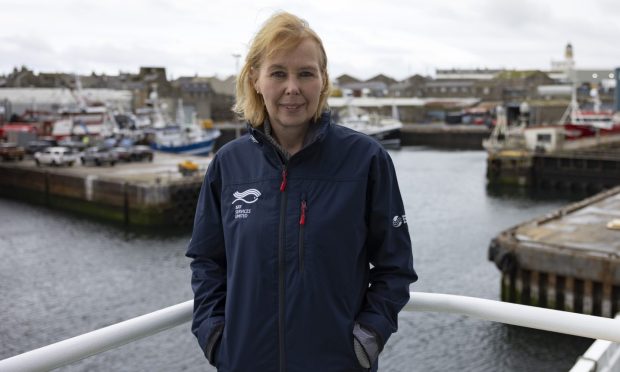
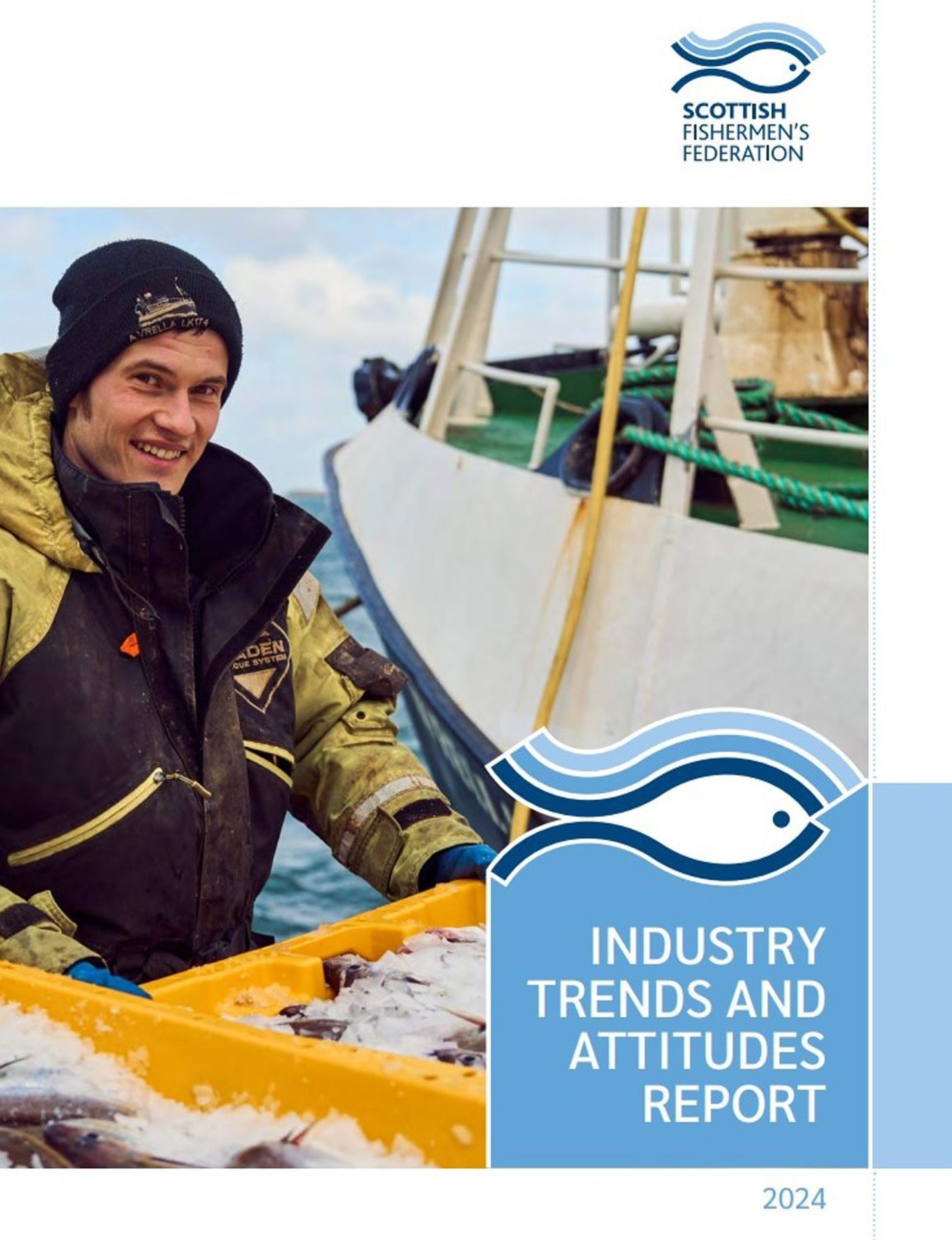
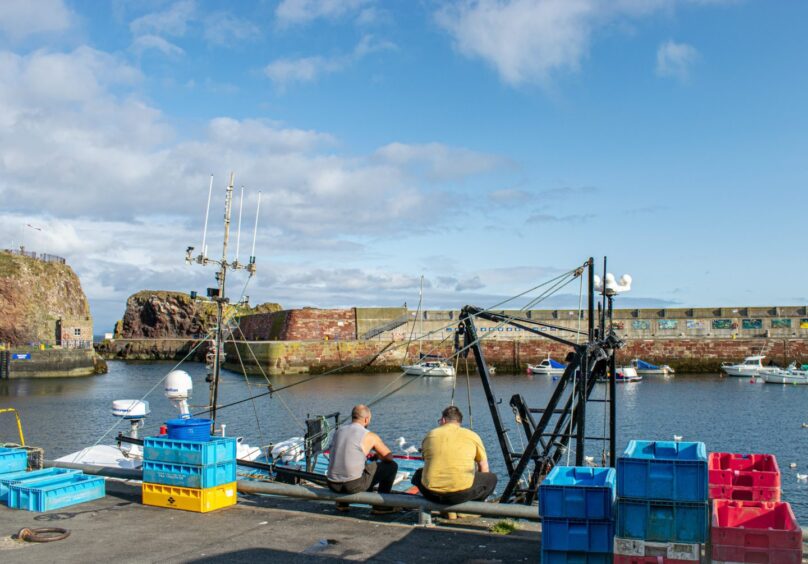
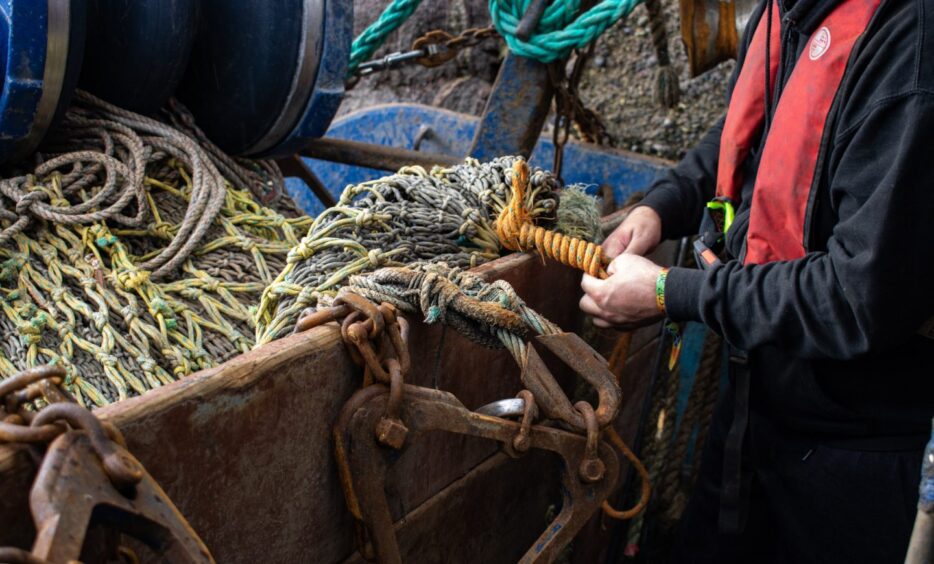
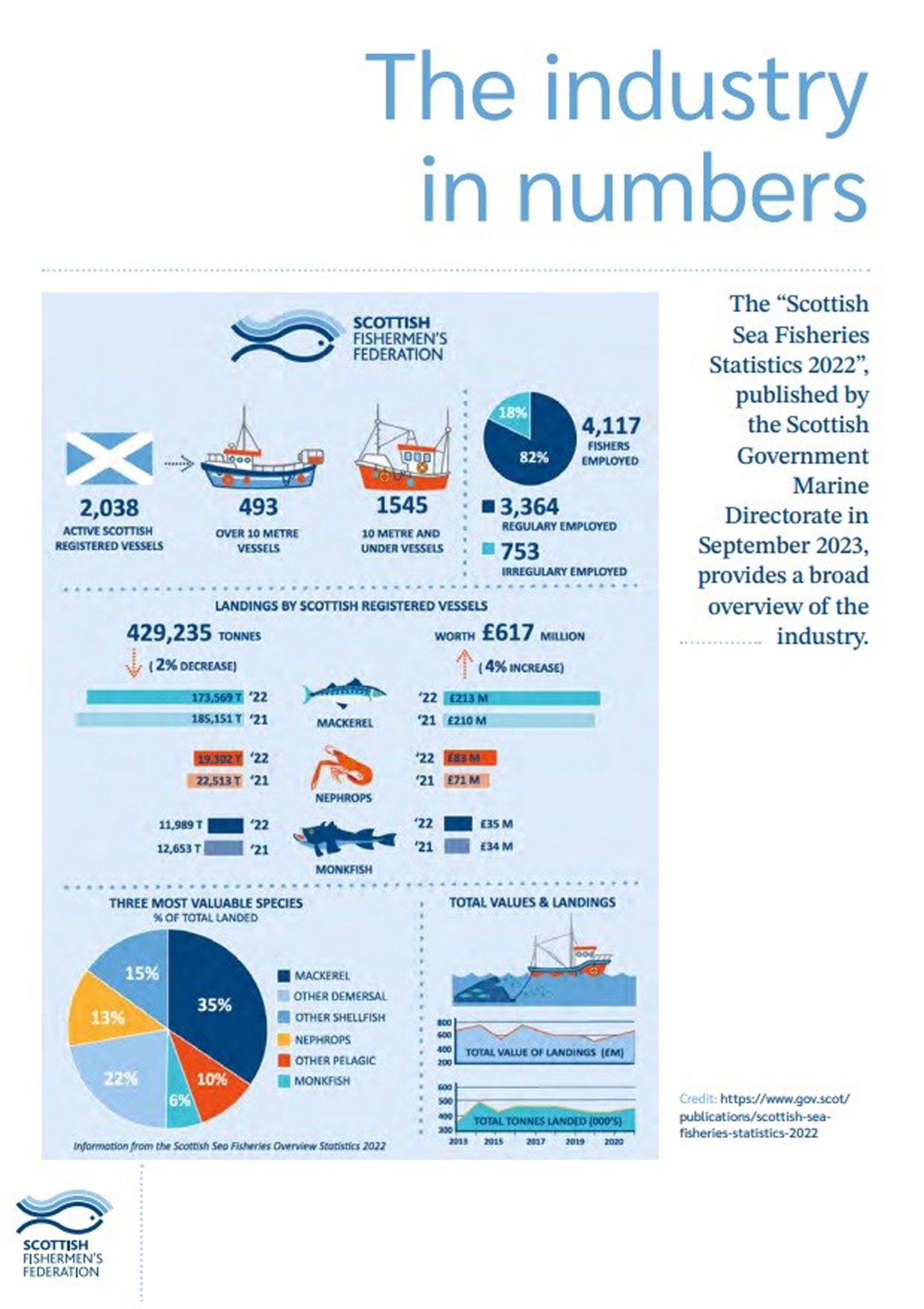
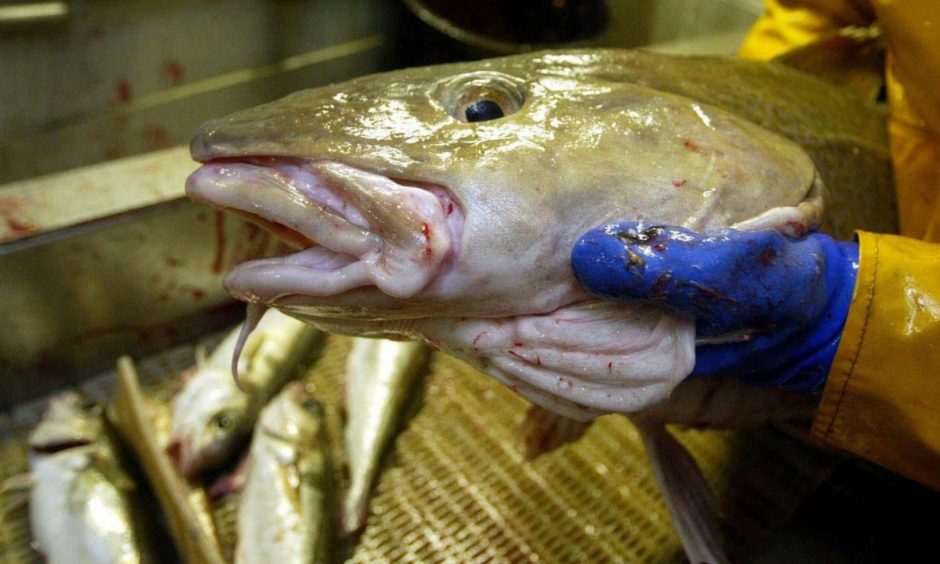

Conversation